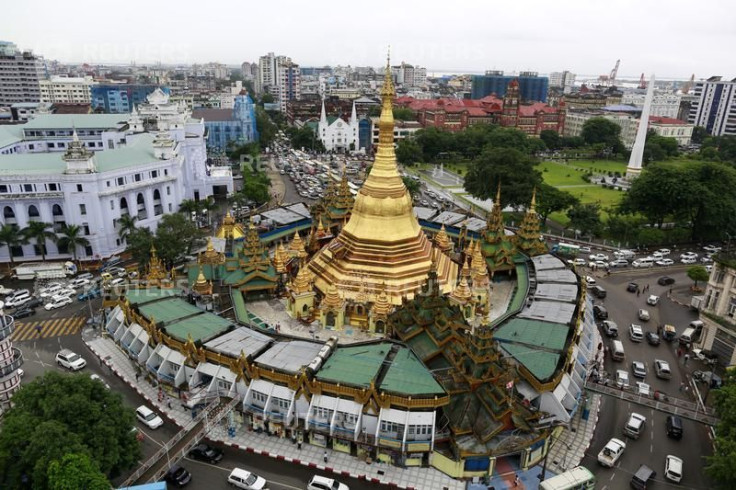Moving To Myanmar? 5 Factors About Myanmar Property Boom To Consider Before Hopping On A Plane

Myanmar is full of potential for everyone these days as global brands jockey among one another to enter one of the last frontiers of the commercial world. Yangon, Myanmar’s commercial center, has in particular seen a boom in its property values as some commercial offices are now more expensive than comparable spaces in Manhattan.
But before sending your money to the city, or moving there yourself, regardless of whether one travels there to work or live, visitors should know that the real estate market there is very probably vastly different from what they are accustomed to. For example, demand has overwhelmed supply in the best locations in Yangon, so finding a suitable place at all -- let alone a space that's affordable -- here are the five things you should consider, wrote Brett Miller, the managing director of Scipio Services, the first foreign managed real estate advisory to establish services in Myanmar, in a blog post.
• Have lots of money ready, in cash
A newly announced law is set to allow foreign buyers to purchase condominiums, but until the law, which is circulating in parliament right now, comes into effect, foreigners are prohibited from purchasing or owning property, so the only option is to lease desired properties. Rental terms are set at the landlord’s discretion in Myanmar, with opaque laws and little guidance or support for foreigners in the process.
The maximum term for a lease is 12 months, and given Myanmar’s less than stable economic conditions and a still disconnected banking system, it is customary for landlords to ask for payment in cash, and usually for the full amount of the 12 months' rent. This requires tenants to present a large amount of cash upfront, which could be difficult for international companies and investors.
• Find a broker you can trust
Myanmar was ruled by a military totalitarian government until 2011, when the current reform government took over, and as such, ownership can be questionable, including property ownership. Land is usually owned by individuals, and at times the means by which some landowners acquired their properties is murky. Foreign investors should make sure to perform due diligence before signing a lease in the event of potential issues, such as uncertainty about the legitimacy of the property's ownership.
If one is unfamiliar with Myanmar's business customs -- as most foreign investors are likely to be -- a broker with the client’s best interests in mind is essential to help facilitate the due diligence process and provide documents required for the transaction, and to verify and minimize the legal risks that could accompany the agreement.
In addition, many Myanmar landowners will only deal with prospective tenants who have already been vetted by brokers.
• Be prepared to face astronomical prices, which are still climbing
Asking prices in Myanmar have not stopped rising in the past two years, and while developers are rushing to fill the demand gap, supply for residential and office spaces is still outpaced by demand, especially in Yangon. Prices have also jumped due to a lack of transparency and awareness on the part of those who move to Myanmar, causing some new and uninformed renters in the market to pay astronomical rents for unsuitable properties, which in turn leads to further heightened expectations of ROI for landowners. An experienced real estate advisor could make a crucial difference.
• Location is a deal breaker
Yangon is rapidly becoming as congested as other Southeast Asian commercial capitals, and if one takes into account all of the region's underdeveloped roads and highways, a drive that took 20 minutes a few years ago could take up to two hours now in the most crowded sections of the city. For both commercial and residential properties, it is important to know the travel distances to the airport and other key locations.
• How safe is a rental space?
The crime rate in Yangon is relatively low nowadays, but the wealth disparity between foreigners and locals makes foreigners particularly susceptible to being targets of crime, especially when doing business in Myanmar means carrying large amounts of cash at all times. A rental space, whether residential or commercial, should have some security measures in place.
Even with all of these considerations, the opportunities in Myanmar are undeniable. Like in all frontier markets, significant risks accompany potentially significant rewards, according to Miller.
© Copyright IBTimes 2025. All rights reserved.





















